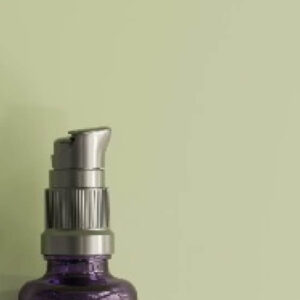How is herbal medicine regulated in other countries
Herbal supplements in the United States are considered as food by the FDA, and not drugs, which means that they are not subjected to the same regulations and standards for testing, manufacturing, and labeling as drugs. This has led some people to believe that herbal medicine may not be safe to use. However, this is not entirely accurate. In fact, herbal medicine is widely used globally, with an estimated 80% (4 billion) of people using it. As such, ensuring the safety of herbs as medicine is a major concern for government, researchers, and academic institutes.
Numerous individuals work hard to conduct various research on the safety of herbs as medicine. This research involves using animal models, lab tests, adverse event reporting systems, and epidemiological research to rule out any unsafe herbs. For instance, aristolochic acids (AAs), which are toxins commonly found in the plants of genus Aristolochia and Asarum spread worldwide, have been associated with AA-induced nephropathy (AAN) and upper tract urothelial carcinoma (UTUC) since the 1990s. Consequently, it has been banned worldwide.
Although herbal medicine is not well regulated in the US, it is well regulated in other countries. Toxic herbs are either banned or well labeled in those countries to help consumers understand the safety issues associated with using such products. Below is a list of some of the countries and how they regulate herbal medicine.
 0
0
 Share
Share











Guest